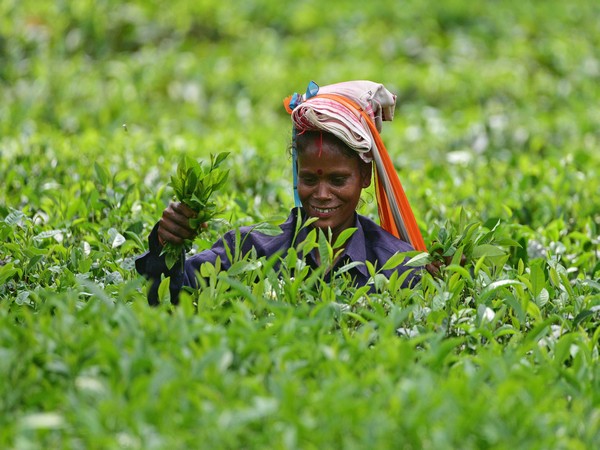Iran-Israel Conflict Sparks Crisis in Indian Orthodox Tea Exports from Assam
The Iran-Israel conflict has hit Indian Orthodox tea exports hard, affecting Assam, the largest producer. Iran usually imports 28 million kilos annually, mostly from Assam. With shipment and payment disruptions, tea prices have plummeted. Indian exporters face challenges, but Sri Lanka remains stable, possibly due to government intervention.

- Country:
- India
The escalating Iran-Israel conflict is wreaking havoc on India's Orthodox tea exports, particularly striking a blow at Assam, the country's leading producer of this specialty tea. Iran, a pivotal buyer, annually imports nearly 28 million kilos of Indian Orthodox tea, with about 24 million coming from Assam. Given Assam's annual output of approximately 85 million kilos, this disruption poses a severe threat to the state's export industry.
Orthodox tea, which is traditionally processed through hand-plucking, withering, rolling, oxidation, and drying, is facing significant setbacks. Exporters report that both shipments and payment settlements have encountered major delays and complications since the onset of the conflict. Consequently, the Orthodox tea prices have suffered a sharp decline in recent auctions, leaving tea growers and manufacturers, especially in Assam, deeply concerned.
Industry insiders note an intriguing development: Sri Lanka, another prominent supplier of Orthodox tea to Iran, has not experienced a similar market downturn. Experts speculate this may be due to Sri Lankan exporters' restraint from capitalizing on the crisis or due to proactive interventions by the Sri Lankan government to stabilize the sector.
While the turmoil is projected to be short-lived, the uncertainty is exerting immense pressure on Orthodox tea producers. Stakeholders remain hopeful that exports and payment processes will normalize post-conflict. Meanwhile, manufacturers in Assam are grappling with mounting losses and market volatility. Industry groups are appealing to the central government for immediate relief and long-term policy measures to support the tea industry through this challenging period.
Prabhat Bezbaruah, former Chairman of the Tea Board and Toklai Tea Research Institute, emphasized the severity of the situation, telling ANI, "Orthodox tea exports have taken a hit due to Iran's critical role in the market. The disruption in shipments and payments has led to a significant drop in latest auction prices, which is quite unexpected, considering Sri Lanka's stability in the same market."
Bezbaruah also pointed out that Indian exporters appear to be facing more challenges, while Sri Lanka seems unaffected, possibly due to governmental stabilization efforts. He remained optimistic, asserting that the current difficulties are temporary and export conditions should improve once the conflict resolves.
(With inputs from agencies.)










